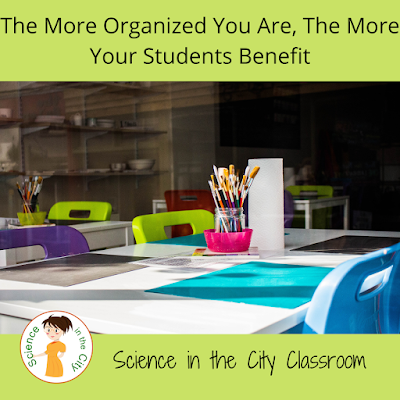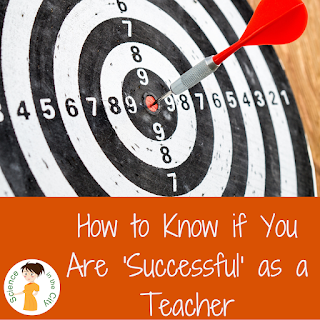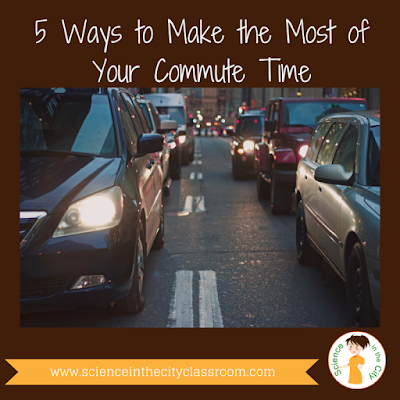Teaching can be quite a challenging task if you're not prepared. You need to ensure that you are well prepared to go ahead and give the best to your students. This will require adequate planning from your end. as well as an investment of both time and resources.
Taking the time to prepare your lessons will require that you understand the needs of your students. This will ensure that you can give them the best lessons possible, whether on quadratic equations or civic Australia. In return, your students will comprehend what you are teaching and fully participate in your classes.What Time Management Hacks Can You Use In Teaching
Good teaching is more than just passion and talent. Proper planning and time management are essential so that students can be given the attention they require. Good teachers have to stay tuned with educational standards while ensuring that their students are engaged and understanding the content.This will require keeping the students involved by making their lessons engaging and fun, challenging the students to think creatively, and encouraging students to actively participate in the lessons. As a result, learning will be more fun for them. Here are three time management hacks that teachers can use.
Action Plan
Your students look up to you, and you can't afford to fail them. You need to understand their needs well enough since this will help you in formulating an action plan. You can't afford to go with the flow since they are unique.Your action plan should describe what your lessons entail and how they will be delivered. Allocate the amount of time that you will require to accomplish this. You can then time yourself to ensure that you stick with the plan.
Have specific times set aside to go through your emails
Achievable Deadlines
Give yourself deadlines when it comes to executing your duties. Whether it is going through assignments or planning lessons, have specific deadlines in ensuring that you get them done. You can also use task managers or to-do lists to help with this. My personal favorite is Todoist because I can quickly and easily enter tasks and access them from any platform. If you are interested, here is a link to check it outHow Does Time Management Make A Teacher Qualified
Most schools face a similar challenge when it comes to getting teachers who can manage their time effectively. If time isn't well organized, the students will be the ones who will pay the ultimate price. They will not be able to cover their lessons or return graded work in a timely fashion which will affect student success and movement from one grade to the next.However, when a teacher is skilled in managing their time, they will ensure that they allocate proper and sufficient time to their lessons. They will find a way to ensure that the syllabus is completed during the school year. They will do this with a lot of ease. They become an asset to the school because of their impeccable time management skills.





















